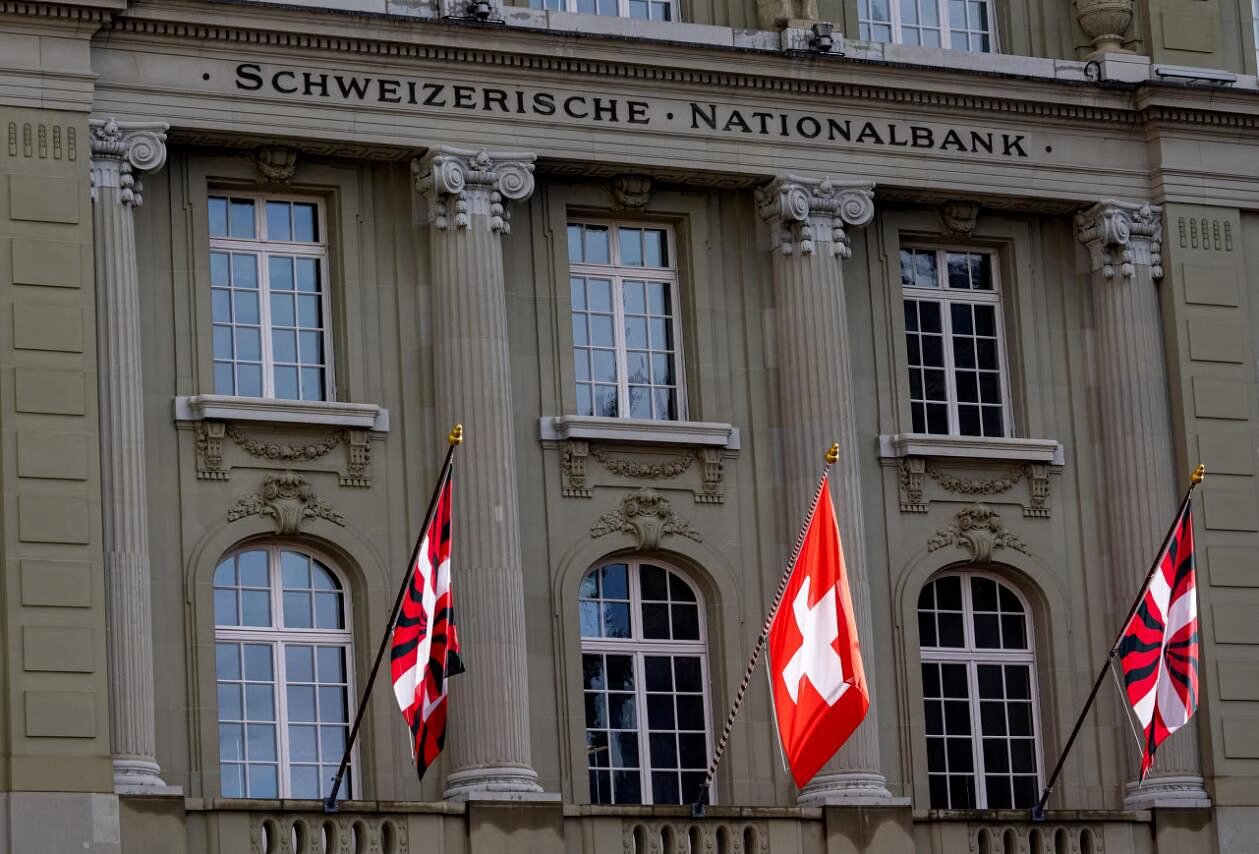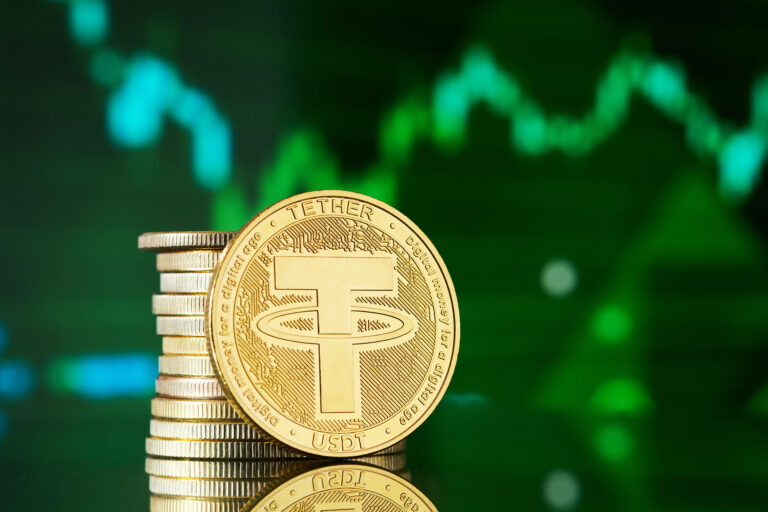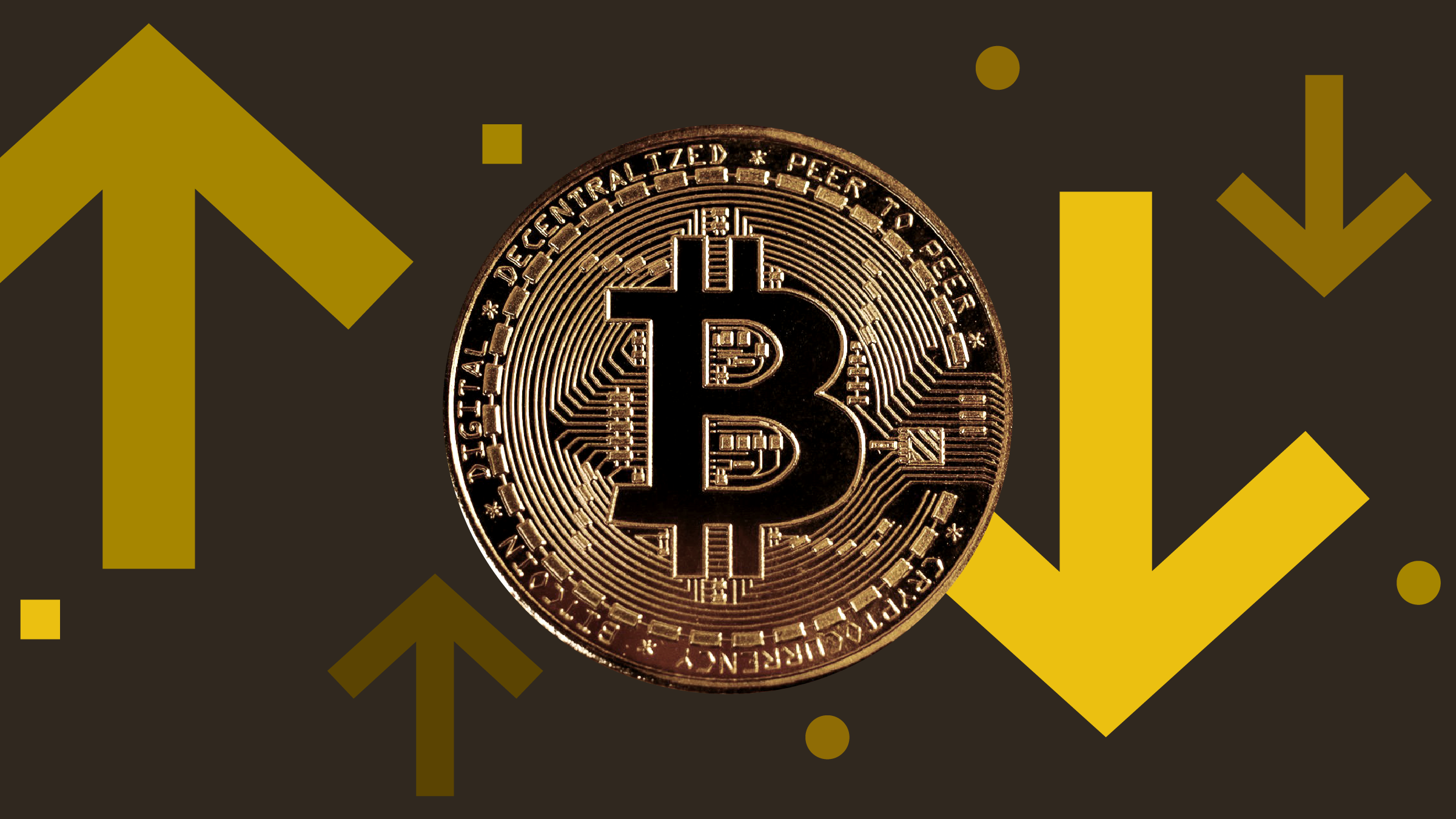The Swiss National Bank (SNB) on Thursday cut its benchmark interest rate by 25 basis points to 0%, fueling fresh concerns that Switzerland may soon revisit negative interest rates. The move was widely anticipated, with markets pricing in an 81% chance of a quarter-point cut ahead of the announcement.
Policy Shift Amid Easing Inflation
In its statement, the SNB cited cooling inflationary pressures as the key driver behind the rate cut:
“Inflationary pressure has decreased compared to the previous quarter. With today’s easing of monetary policy, the SNB is countering the lower inflationary pressure,” the central bank said.
It also pledged to “monitor the situation closely and adjust its monetary policy if necessary, to ensure that inflation remains within the range consistent with price stability over the medium term.”
While much of the global economy continues to grapple with elevated inflation, Switzerland faces the opposite dilemma. Consumer prices fell by an annual 0.1% in May, marking yet another period of deflation for the country, which has experienced similar episodes throughout the past decade.
Franc Strength Complicates Inflation Outlook
One major factor behind Switzerland’s persistent low inflation is the strength of the Swiss franc.
“As a safe-haven currency, the Swiss franc tends to appreciate when there is stress on world markets,” said Charlotte de Montpellier, senior economist at ING.
“This systematically pushes down the price of imported products. Switzerland is a small, open economy, and imports account for a large proportion of CPI inflation.”
The franc has been steadily strengthening amid global economic uncertainty, putting further pressure on the SNB. De Montpellier noted that the central bank’s strategy now appears focused on keeping rates “systematically lower than elsewhere” to limit the currency’s rally.
Following Thursday’s announcement, the franc strengthened, though the U.S. dollar was last seen trading flat against the Swiss currency.
Could Negative Rates Return?
Analysts warn that Thursday’s move may not be the last. Adrian Prettejohn, Europe economist at Capital Economics, told CNBC he expects rates to fall to -0.25% this year — and possibly even lower.
“There are risks that the SNB will go further in the future if inflationary pressures don’t start to increase,” Prettejohn said, adding that rates could reach as low as -0.75%, the level seen during the 2010s.
While lower rates are intended to weaken the currency and spur investment, prolonged negative rates carry risks — potentially distorting financial markets, squeezing bank margins, and threatening long-term financial stability, ING’s de Montpellier cautioned.
Also Read: Fed Holds Rates Steady at 4.25%-4.5%, Signals Two Cuts in 2025 as Inflation Lingers
With deflationary forces persisting and the franc’s strength showing little sign of abating, Switzerland’s monetary outlook remains delicately balanced.
Disclaimer: The information in this article is for general purposes only and does not constitute financial advice. The author’s views are personal and may not reflect the views of CoinBrief.io. Before making any investment decisions, you should always conduct your own research. Coin Brief is not responsible for any financial losses.




